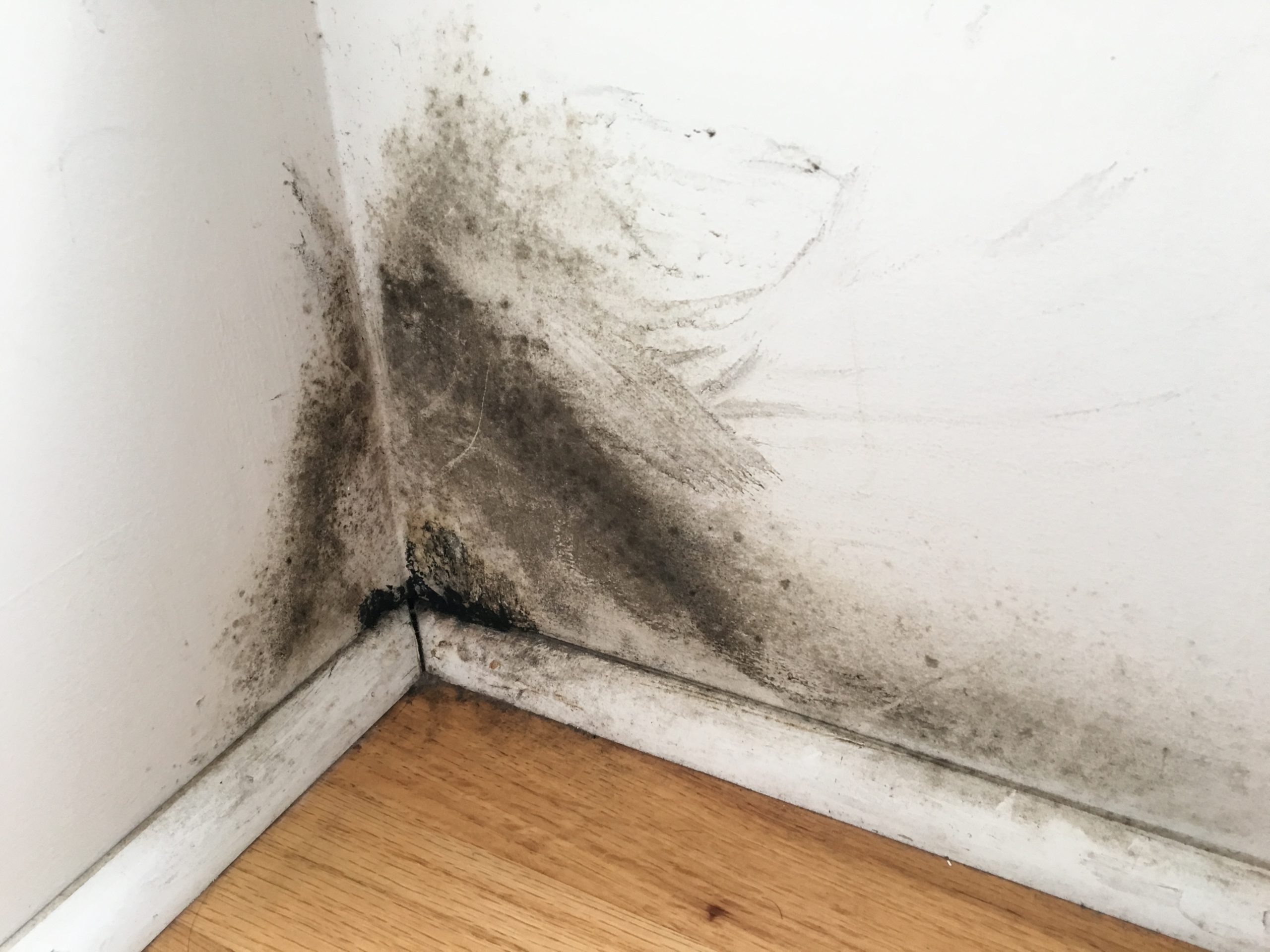Accommodation for Asylum Seekers is set to be exempted from social housing habitiability protections.
Housing for tens of thousands of asylum seekers, identified as among the most problematic in the UK due to issues such as dampness and mould, is set to be exempt from a government crackdown on social housing landlords.
The new bill, known as “Awaab’s Law” after a two-year-old who died from exposure to black mould at home, mandates landlords to address reported health hazards in social housing, including damp and mould issues, within designated time periods.
However, sources within the Home Office have recently clarified that Awaab’s Law will apply solely to landlords registered as providers of social housing and to dwellings categorised as social housing. Typically, asylum accommodation does not fall into this classification.
The latest Home Office data indicates that 118,800 asylum seekers were receiving accommodation and support from the Home Office and its contractors – this includes a mix of shared housing from private landlords and hotel accommodation.
This exclusion raises concerns about the wellbeing of vulnerable residents. “Housing should be safe for everyone, regardless of immigration status,” says Bridget Young, director of Naccom – the No Accommodation Network – which offers support in the realm of accommodation for asylum seekers and refugees.
“Not extending these basic but important protections to people in asylum accommodation creates a two-tier system of housing standards that puts people seeking asylum disproportionately at risk of harm, and embeds a differential approach to the treatment of refugees in the housing sector.”
“These dangers could be a matter of life and death,” says Tim Naor Hilton, CEO of Refugee Action, who has also called for the inclusion of asylum accommodation under Awaab’s Law. Hilton has stressed the urgency of subjecting asylum accommodation to national standards and holding companies accountable for substandard, life-threatening housing conditions.








